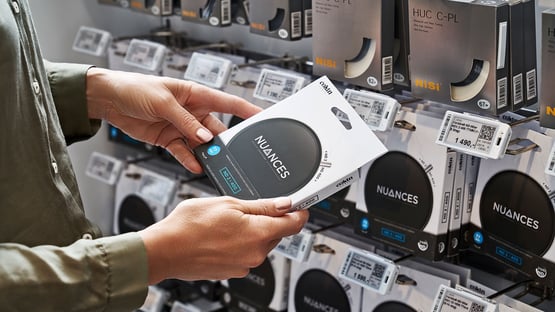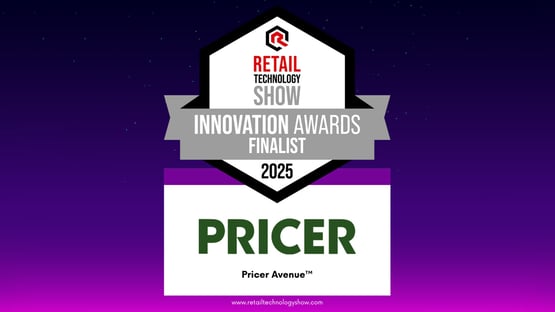Greater integrity and transparency in the electronic shelf label market are essential to the market’s growth.
In the fast-evolving world of retail, the adoption of innovative technologies like electronic shelf labels (ESLs) has become crucial for staying competitive. ESLs promise numerous benefits, including reduced labour costs, improved inventory management, and enhanced customer experiences.
However, the burgeoning market for these technologies is being marred by false claims from some manufacturers, creating a pressing need for greater honesty, integrity and transparency in the industry.
The promise of electronic shelf labels
The advantages of ESLs for retailers are manifold.
By replacing traditional paper labels with electronic ones, retailers can significantly cut down on labour hours required for label management. Flash technology facilitates quicker picking (for online orders) and restocking, ensuring that shelves remain fully stocked and that prices and promotions can be dynamically adjusted based on real-time data about customer presence in the store.
This not only streamlines operations but also boosts sales by ensuring that the most relevant products are highlighted to consumers at any given moment.
Moreover, ESLs enhance the consumer experience by providing accurate and up-to-date information. Labels can be instantly updated to reflect changes in price, availability and promotions, eliminating the confusion and frustration associated with outdated or incorrect pricing. The seamless integration of this technology into retail operations promises a future where shopping is more efficient and satisfying for consumers.
The market landscape
The global ESL market is on a steep growth trajectory. According to a report by Astute Analytica, the market is expected to surge from $1.13 billion in 2022 to a staggering $6.51 billion by 2031, representing a compound annual growth rate (CAGR) of 23.8% from 2023 to 2031.
This rapid expansion underscores the growing recognition of the benefits that ESLs bring to the retail sector.
However, this promising outlook is being overshadowed by concerns over the veracity of claims made by some manufacturers. The integrity of the market is at risk due to exaggerated or false promises about the capabilities and performance of their products.
The impact of misinformation
The spread of misinformation about ESLs can have several detrimental effects. Retailers who invest in ESL technology based on false claims may face operational challenges when the products do not perform as promised. This can lead to increased costs, disruptions in store operations, and ultimately, a reluctance to invest in further technological innovations.
Furthermore, the focus on less critical aspects of ESL technology, such as unwarranted claims about sustainability, diverts attention from the core functionalities that truly matter to retailers.
When products fail to meet even basic performance expectations, the credibility of the entire market is called into question.
A call for greater transparency
To address these issues, there is an urgent need for greater transparency and honesty in the ESL market.
Manufacturers must prioritise accurate and truthful communication about their products' capabilities. This involves setting realistic expectations about battery life, update speeds, and the actual operational requirements of ESL systems.
Additionally, independent verification can play a critical role in ensuring that claims made by manufacturers are backed by reliable data. Retailers should be encouraged to seek out verified information and demand evidence of performance before making purchasing decisions.
The road ahead
The future of the ESL market holds great potential, but realising this potential requires a commitment to integrity from all stakeholders. By fostering an environment of transparency, the industry can build trust and encourage wider adoption of this transformative technology.
Retailers, armed with accurate information, can make informed decisions that enhance their operations and improve the shopping experience for their customers.
In conclusion, the call for greater honesty, integrity, and transparency in the ESL market is not just a moral imperative but a practical necessity.
As the market continues to grow, it is essential that all players uphold the highest standards of truthfulness to ensure sustainable and beneficial advancements in retail technology.
At Pricer we are always open and transparent with our ESLs and solutions. Contact us and learn more!
This article was originally published in ESM Magazine on October 24, 2024.



